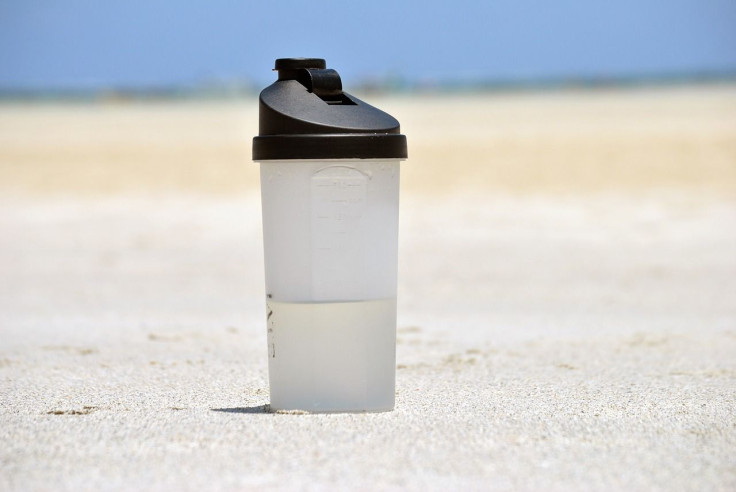BPA Substitute Bisphenol S (BPS) Triggers Fat Cell Formation, Among Other Major Health Concerns

Bisphenol A (BPA), a chemical found in plastics, is a known endocrine disruptor that has been attributed to an overwhelming number of health issues, including migraines, miscarriages, heart damage, obesity, and cancer. Concerns over the health effects of BPA have encouraged plastics manufacturers to produce “BPA-free” products, a label consumers most often see on water bottles and food containers.
BPA-free products, however, aren’t as safe as they sound. To make plastics without BPA, plastic manufacturers substitute it with bisphenol S (BPS), a chemical that is nearly identical in structure to BPA. Over the past few years, numerous studies have described the dangers of BPS, which, as it turns out, can cause much of the same adverse health effects as BPA — reproductive health issues and cancer, for example.
Now, in a new paper published in the Endocrine Society's journal Endocrinology, researchers from Health Canada, a federal department responsible for helping citizens maintain and improve their health, have found another health concern associated with BPS: it triggers the formation of fat cells.
For their study, researchers took human cell samples from the hips, thighs and abdomens of female volunteers. The cells were preadipocytes, a type of cell that is undifferentiated but can develop into a fat cell. The researchers separated the cells into groups, each of which would be exposed to a different concentration of BPS over 14 days. For comparison purposes, one group of cells was also exposed to dexamethasone, a chemical proven to trigger fat cell formation.
While all of the cells exposed to BPS accumulated fat, the cells that were exposed to the smallest and largest amounts of BPS, compared to moderate amounts of BPS, exhibited the largest accumulation of fat. The researchers attributed this anomaly to the fact that tiny amounts of endocrine-disrupting chemicals can interfere with the functioning of hormones, since small changes in hormone levels are designed to trigger adjustments in metabolism, respiration, heart rate, and other bodily functions, while moderate amounts are less triggering.
"Our research indicates BPS and BPA have comparable effects on fat cells and their metabolism," said the study's senior author, Dr. Ella Atlas, in a press release. "The study is the first to show that BPS exposure can induce the formation of human fat cells."
The fact that BPS causes the unwarranted production of fat cells may help explain the rise in health issues like obesity and diabetes over recent years, further supporting the claim that BPA-free products are no safer than regular plastics produced with BPA. So instead of looking for BPA-free labels while shopping for food containers, switch to products made from other materials, such as glass, which can offer a much safer solution for food and water storage. Compared to plastics, glass products are free of chemicals and, as an added bonus, are safe to use in the microwave. Additionally, glass containers will not affect the taste of your food, which is a common problem with plastics.
Source: Atlas E et al. Bisphenol S Induces Adipogenesis in Primary Human Preadipocytes from Female Donors . Endocrinology. 2016.
Published by Medicaldaily.com



























